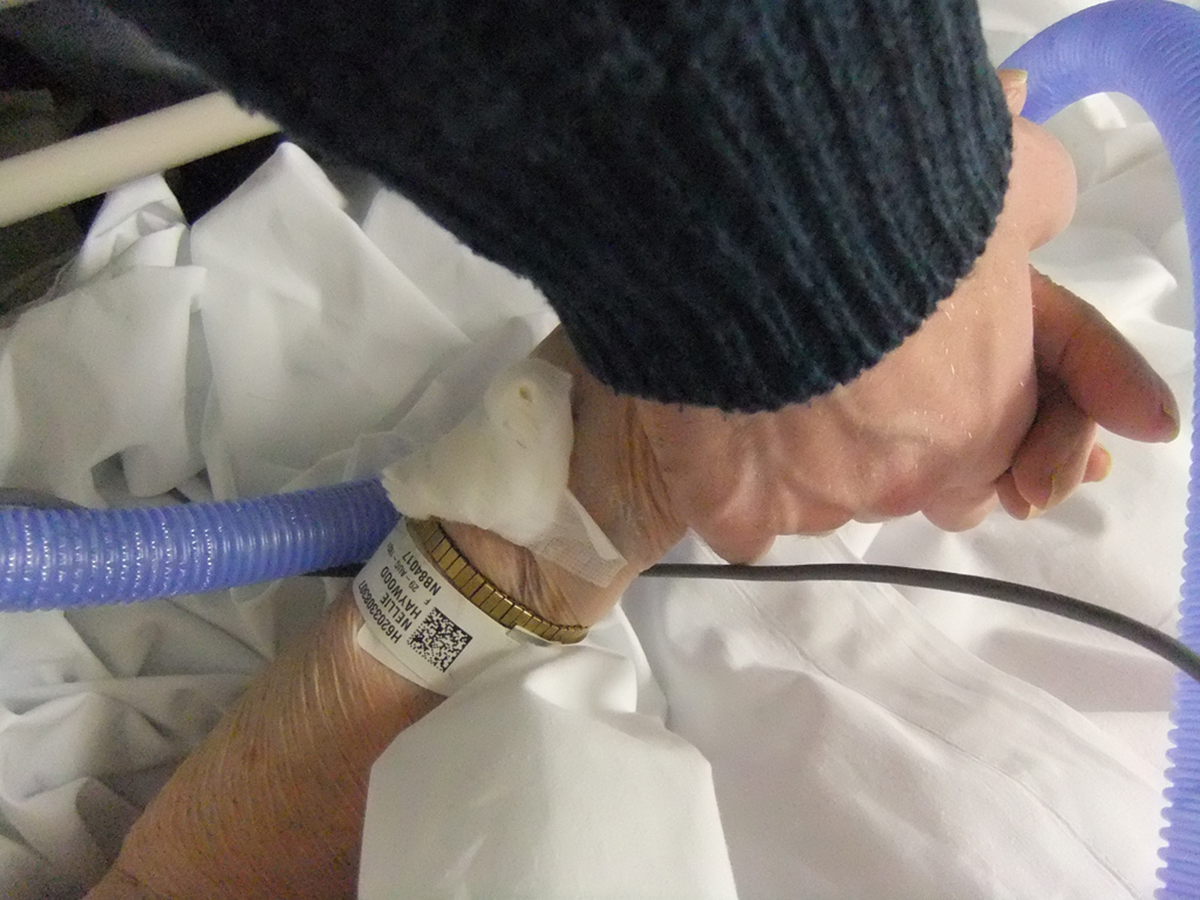Table of Contents
One of the inevitable results of modern medicine is that the better doctors are at treating the diseases of old age, the more enfeebled elderly patients there are to treat. The more doctors tell us that we can live to be 90, 100, or even more, the more people there are who are proof of the mortality that waits each of us.

For most people, it's almost as if they were programmed to fight for life. But a better approach to the reality of death is, in this writer's opinion, to live each day as fully as possible as long as possible, without extending life out of fear of death.
The Tyranny of Safety Precautions
Most older people face restrictions in lifestyle long before the end. First they are displaced by younger people at work, or they are told they are not fit for work (as often happens to drivers, pilots, surgeons, and even ministers). Then they have to deal with restricted finances, and family members offer to “help” by managing their finances. They are told they can't drive, and they can't live alone, and they can't live in their own homes, and finally they are told they are soon to die—but that wouldn't be a good thing.
Saving Treatment for the End
Frantic efforts are often made to extend life. In the United States, about 1/3 of all spending on healthcare occurs in the last month of life. People are put on life support without the ability to tell doctors to pull the plug, and family members fight over the right to withhold or continue treatments that may extend life a month, or a week, or a day, or a few hours. It's not unusual for cancer patients to be given drugs that cost as much as $90,000 a dose that promise maybe to extend life 3 or 4 weeks, and most (but not all) doctors will authorize last-ditch treatments when patients ask for them, if there is insurance coverage or the patient can pay cash.
See Also: How to overcome grief & loss of a loved one?
There Has to Be a Better Way
But what if end of life care were about making the most of life rather than avoiding death. While a patient is still capable of making and communicating decisions, why not ask:
- What do you need to minimize pain?
- What can care providers do right now to add pleasure to your life?
- What are your greatest fears?
- What is your greatest hope?
- What can we do that brings you joy and enjoyment right now?
It isn't necessary to know the time, how you'll feel, and even where you'll “go” if you are as fully engaged in the present as possible.
- Paula Spencer Scott. The Passing: What to Expect When Witnessing a Loved One's Death. Www. Caring.com. Accessed 23 October 2014.
- Photo courtesy of Lee Haywood by Flickr: www.flickr.com/photos/leehaywood/5266525534
- Photo courtesy of Dan Cox by Flickr: www.flickr.com/photos/dancox_/2632603962


Your thoughts on this